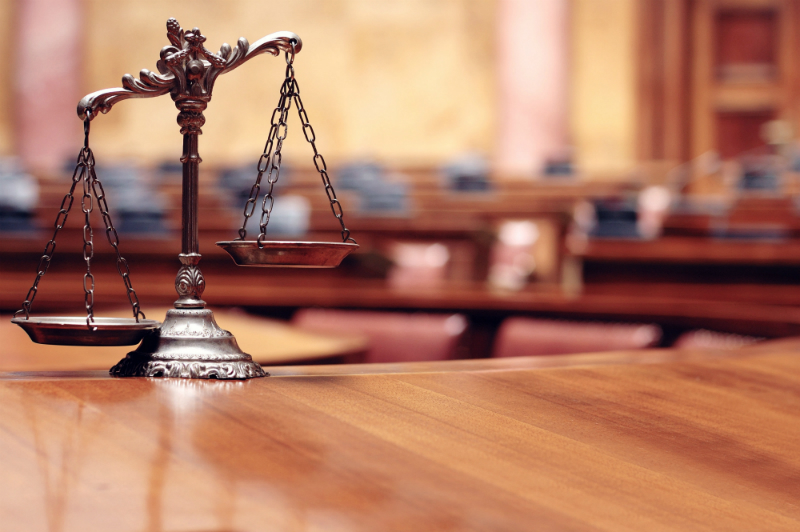Generally, reference to “Chapter 11” should bring one thing to mind – bankruptcy. How now?
The law relating to Bankruptcy finds anchorage in the United States Constitution. Article 1, Section 8, Clause 4 of the Constitution provides that Congress shall have the mandate to enact uniform laws relating to bankruptcy in the United States. In fulfilling its mandate, Congress enacted the Bankruptcy Code which is nothing more than a codification of the Bankruptcy Reform Act of 1978. Various amendments were however made. The Bankruptcy Code is divided into 15 chapters all of which mainly which provide for the ways in which bankruptcy proceedings can be instituted in court. The main chapters dealing with bankruptcy are: chapters 7, 9, 12, 13, 15, and Chapter 11.
Chapter 7 deals with liquidation and is casually referred to as ‘straight bankruptcy.’ It is the most common form of filing bankruptcy petitions. Chapter 9 deals with reorganization for municipalities and Chapter 15 handles cross-border insolvency. Chapters 11, 12 and 13 and particularly Chapter 13, deal with reorganization of the debts accruing to the debtor with an overall intention of satisfying them amicably. This is particularly useful for persons facing temporary financial obstacles as they are allowed to retain non-exempt properties and pay creditors through a court-sanctioned repayment plan. It is some sort of ‘debtor rehabilitation’ if you like. The main goal of Chapter 11 Huntington WV bankruptcy is to enable an income-receiving debtor to meet the conditions of a court-approved plan.
A petition filed under Chapter 11 Huntington WV is arguably the most effective mode of filing for bankruptcy and justifiably so. First, the repayment period normally runs for a period of 3-5 years upon which a person will be discharged from all liabilities and encumbrances placed on his person. In instances where a person has a co-debtor, a chapter 11 to 13 bankruptcy petition will come in handy in protecting the interests of the third party. It is worthy to note that this form of bankruptcy allows debtor to ‘save face.’ It connotes a willingness to pay one’s debts-unlike its counterparts.
Is everyone eligible for filing Chapter 11 bankruptcy?
The answer is no. First and fore, you must be earning regular income for you to qualify for this form of bankruptcy. Also, there is a limit placed on the amount of debt. You should not be having more than $ 250,000 in unsecured debt and $ 750,000 in secured debt.
Also in this regard, not all debts can be discharged under bankruptcy in Chapters 11 to 13. These include long term debts, debts for alimony, court fines etc.
The decision on whether to file for a Chapter 11 Huntington WV form of bankruptcy should be made after holding consultations with your financial advisor and seeking professional legal advice.
Resource Box:
A Chapter 11 bankruptcy in Huntington WV petition is largely considered to be the most effective form of bankruptcy. For more information concerning insolvency, please visit The Bankruptcy Law Center in West Virginia.

